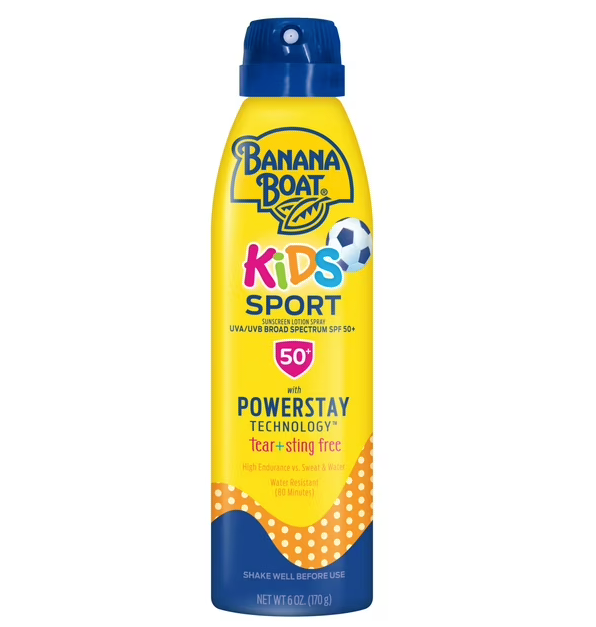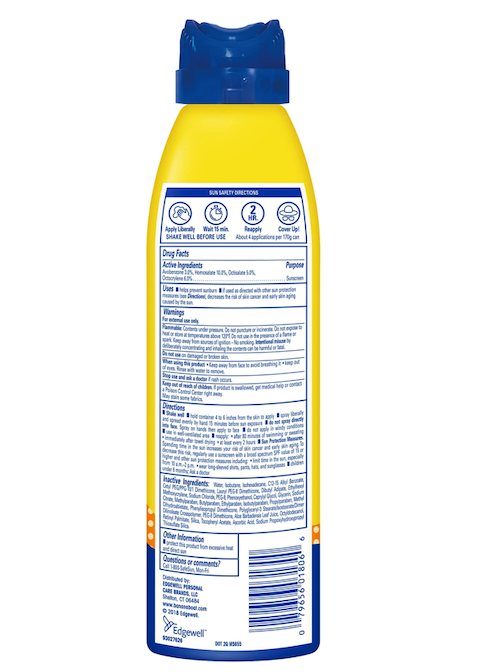What Is Octisalate in Sunscreen? Everything You Need to Know
When scanning the label of your favorite sunscreen, you may have noticed an ingredient called Octisalate. While not as widely recognized as ingredients like zinc oxide or avobenzone, Octisalate plays a key role in helping your sunscreen work effectively and feel good on the skin. But what exactly is Octisalate, and why is it used in sunscreen?
What Is Octisalate?
Octisalate, also known by its chemical name ethylhexyl salicylate, is an organic (chemical) UV filter used in sunscreens. It primarily absorbs UVB rays, which are responsible for sunburn and play a major role in skin cancer development.
How Does Octisalate Work?
Unlike mineral sunscreens that sit on the skin and physically block UV rays, Octisalate absorbs UVB radiation and converts it into heat, which is then released from the skin. This process helps prevent UVB rays from penetrating deeper and damaging skin cells.
Why Is Octisalate Used?
Octisalate is often included in sunscreen formulations for a few key reasons:
- Boosts Water Resistance: It helps sunscreens remain effective after swimming or sweating.
- Enhances Stability: It stabilizes other sunscreen ingredients, particularly avobenzone, which degrades quickly when exposed to sunlight.
- Improves Texture: Octisalate is oil-soluble and adds a smooth, non-greasy feel to sunscreens, making them more wearable.
Is Octisalate Safe?
Yes, Octisalate is considered safe by the U.S. Food and Drug Administration (FDA) at concentrations up to 5%. It’s generally well-tolerated, even by sensitive skin types, although in rare cases, people may experience mild irritation or allergic reactions.
That said, there's growing consumer interest in reef-safe and non-chemical sunscreen options. While Octisalate is not known to be harmful to coral reefs at current usage levels, more research is needed to fully understand its environmental impact.
Who Should Use Sunscreens with Octisalate?
Octisalate-containing sunscreens are a good choice if:
- You need water-resistant protection (e.g., for sports or beach days).
- You prefer lightweight, fast-absorbing sunscreen formulas.
- You're using a broad-spectrum sunscreen that also includes UVA-blockers like avobenzone or oxybenzone.



